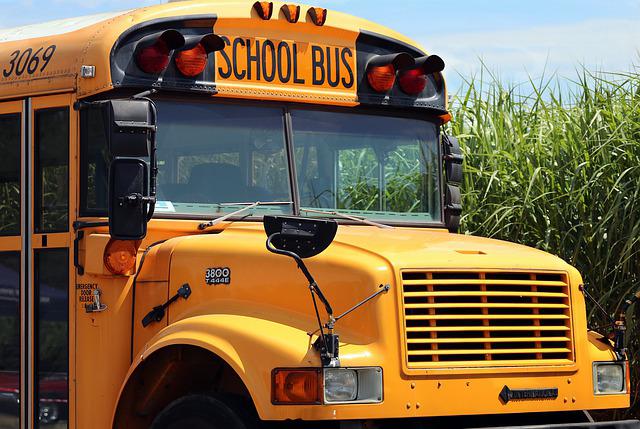New options open for county farmers
Published 8:30 am Thursday, July 18, 2024
|
Getting your Trinity Audio player ready...
|
A former pilot program has turned into an ongoing option for Lunenburg County farmers. Livestock producers can work with USDA’s Natural Resources Conservation Service (NRCS) to develop sustainable grazing systems.
The idea here is a bit like a domino effect. You make one change, it leads to another and so on.
First launched as a pilot in four states, the program is now available here in Virginia and funded under the Environmental Quality Incentives Program (EQIP). It gives expanded opportunities to adopt approaches that address priority resource concerns, including sequestering carbon and improving soil health in high-priority areas. In Virginia, the EQIP-CIC program will focus on the implementation of prescribed grazing and supporting practices to address three priority resource concerns:
• Degraded plant condition
• Livestock production limitation
• Storage and handling of pollutants: nutrients transported to surface water.
The argument here is that especially in times of drought like we’ve experienced in recent weeks, the sustainable grazing system can help keep your livestock on a regular schedule.
“We’re pleased to offer this new program option to help Virginia farmers build more resilient operations that can be part of the solution to our global environmental problems,” said Dr. Edwin Martinez Martinez, NRCS state conservationist for Virginia. “EQIP-CIC can serve as a steppingstone to help producers make the move from small improvements on specific parcels to a higher level of management on an entire operation through the Conservation Stewardship Program (CSP).”
SO HOW DOES A CIC WORK?
Conservation Incentive Contracts offer producers annual payments to implement management practices that build on existing conservation efforts. EQIP-CIC contracts will be five years in length with disbursements made on the Fiscal Year 2022 EQIP payment schedule. Prescribed grazing may be scheduled each year if practical for the operation with compensation provided near the Oct. 1 start of each fiscal year. Payments for supporting practices will be made after practice certification.
Historically Underserved (HU)* participants are eligible for a 50 percent advance payment in cases of immediate need where the final practice extent is known and will also receive a higher payment rate (25% higher than non-HU applicants) for all contracted prices. Non-HU participants can also qualify for a 25% higher rate by implementing source water protection and Virginia high priority practices.
A CSP re-enrollment option is also available to facilitate more widespread implementation of “next-level” conservation activities in Virginia. NRCS has now waived the two-year ineligibility restriction for producers who did not re-enroll the year their CSP contracts expired. Applicants with unfunded FY2022 CSP renewals will receive letters this month, notifying them of automatic eligibility for future funding.
NRCS accepts applications year-round but makes funding selections at specific times. Interested producers must submit applications by close of business on April 1, to be considered for FY2022 EQIP-CIC funding. Applicants for USDA-NRCS programs must have farm records established with USDA’s Farm Service Agency (FSA). Call or visit your local USDA Service Center to get started. Visit www.va.nrcs. usda.gov/ to learn more about EQIP-CIC and other Farm Bill programs.





